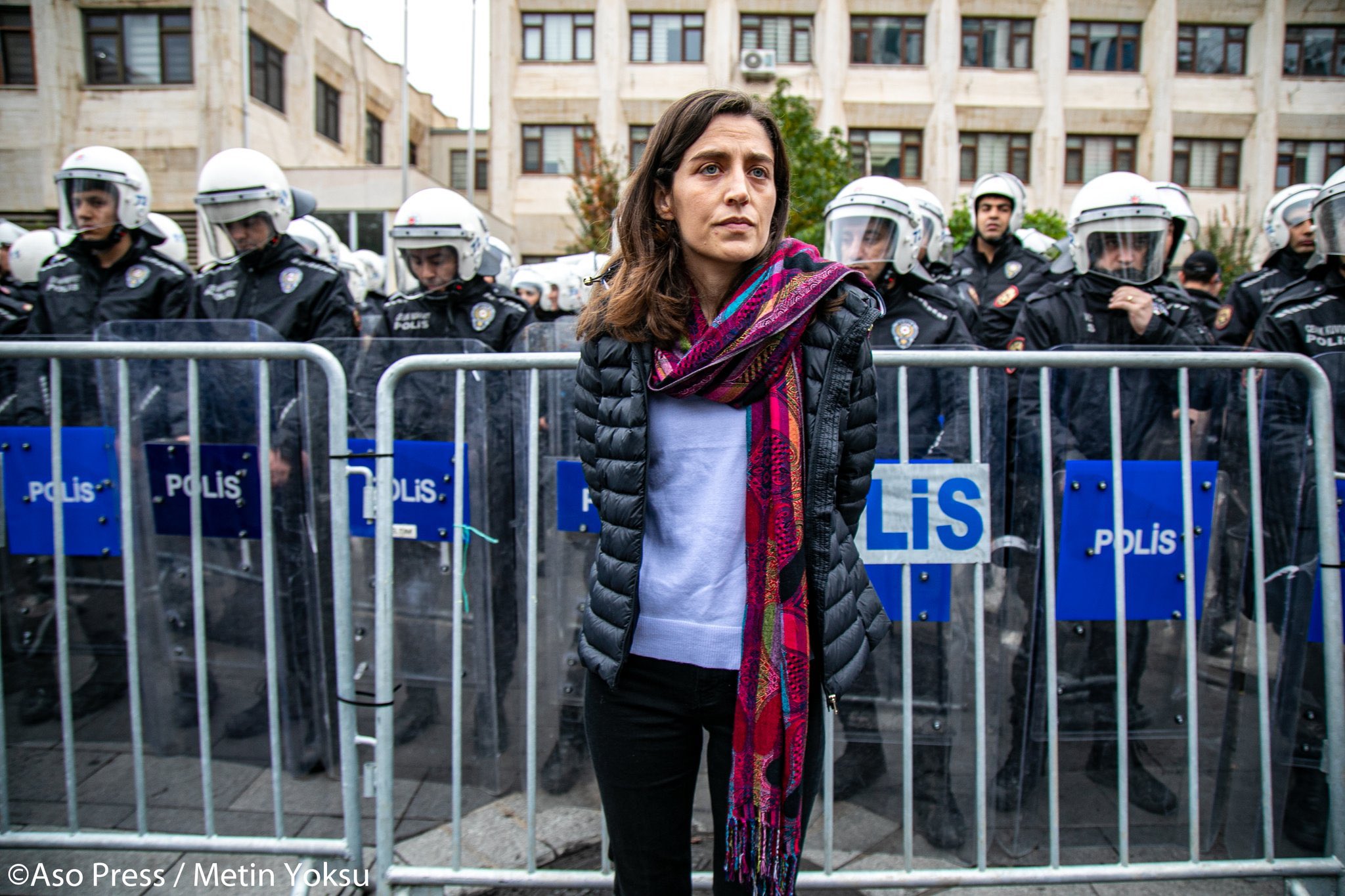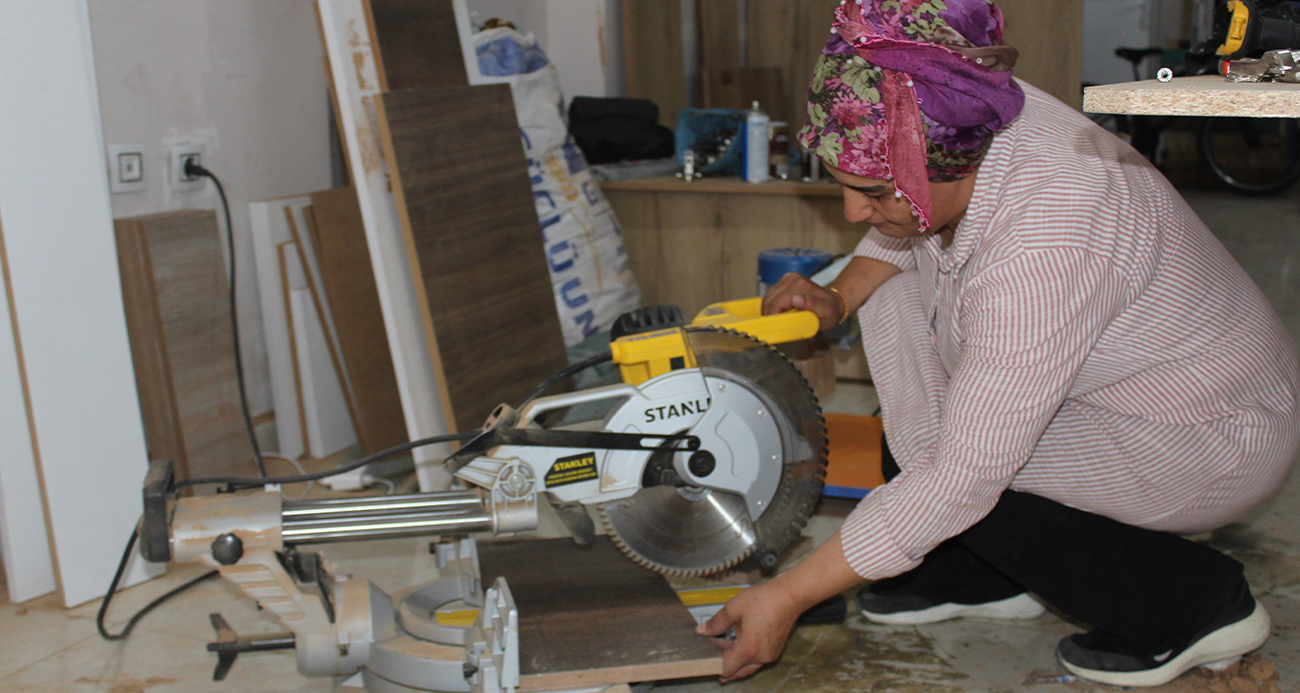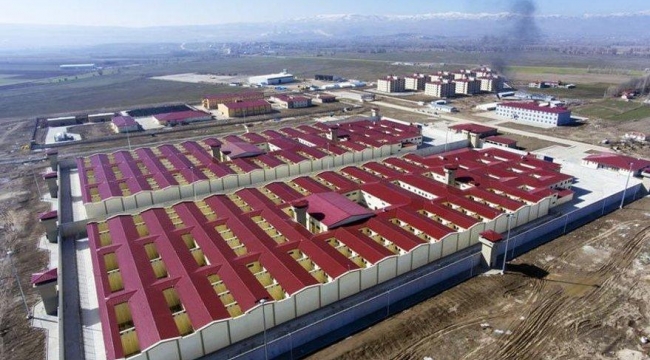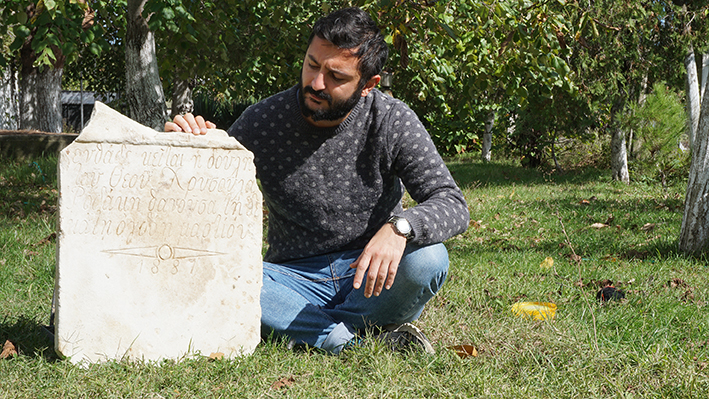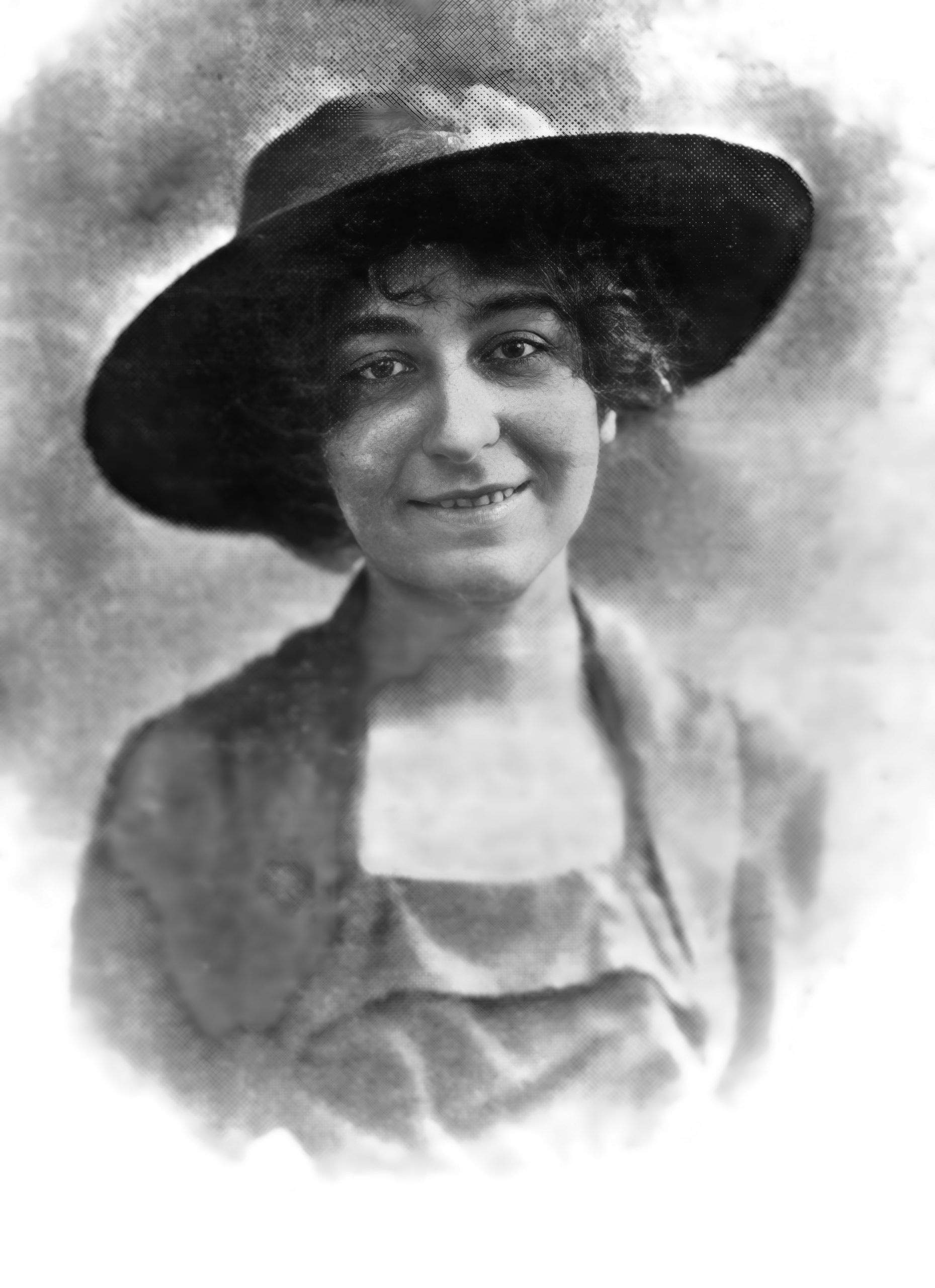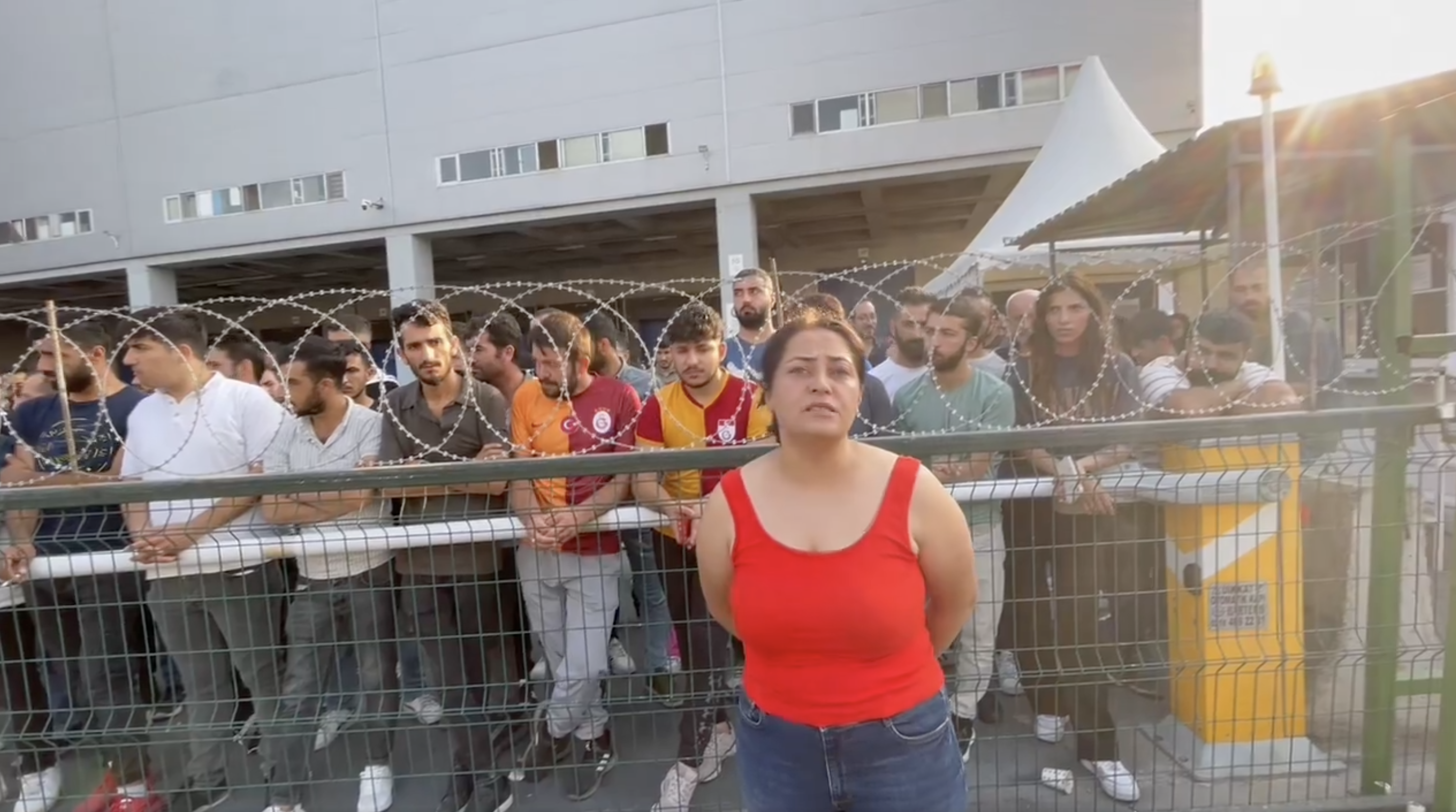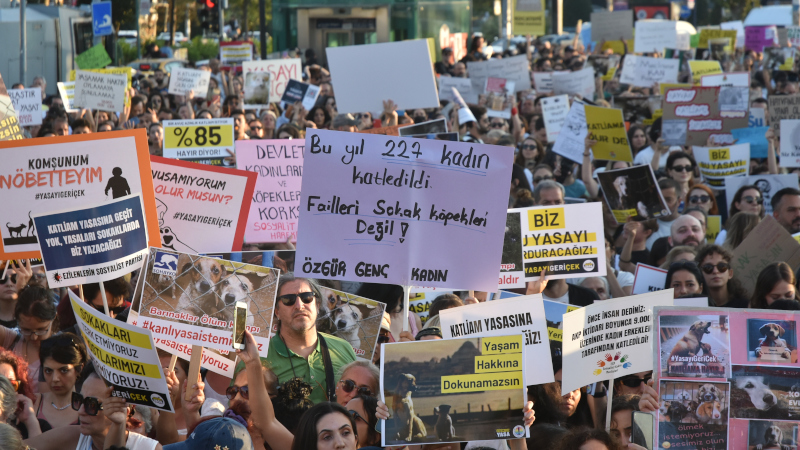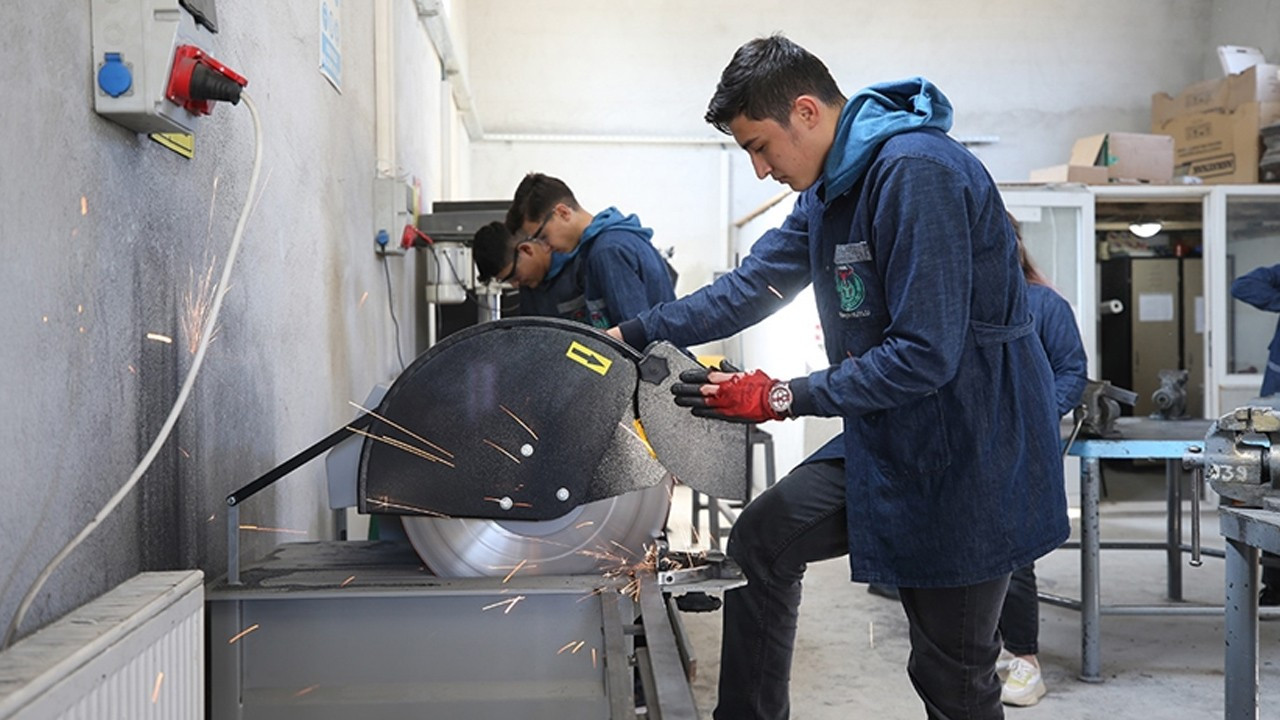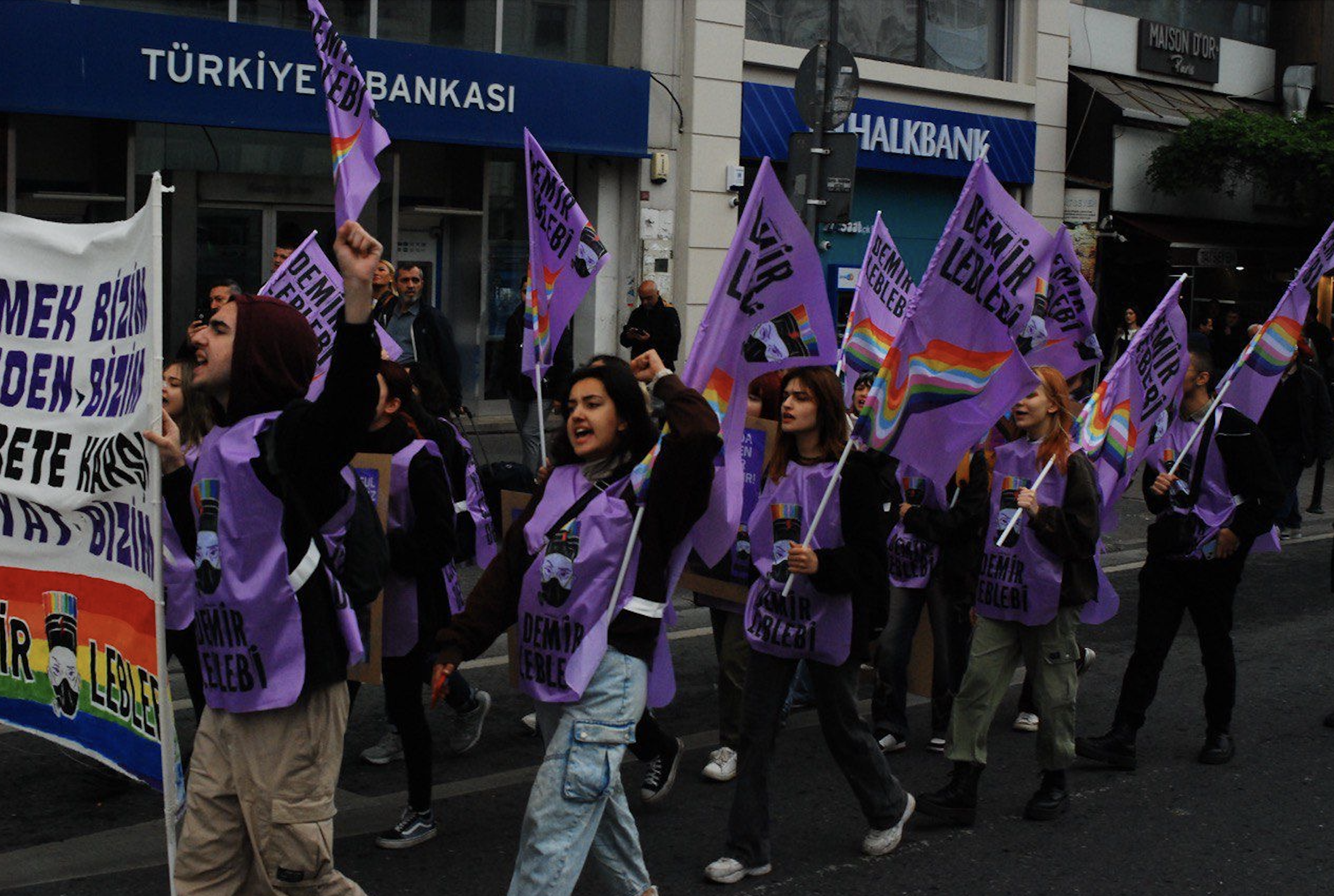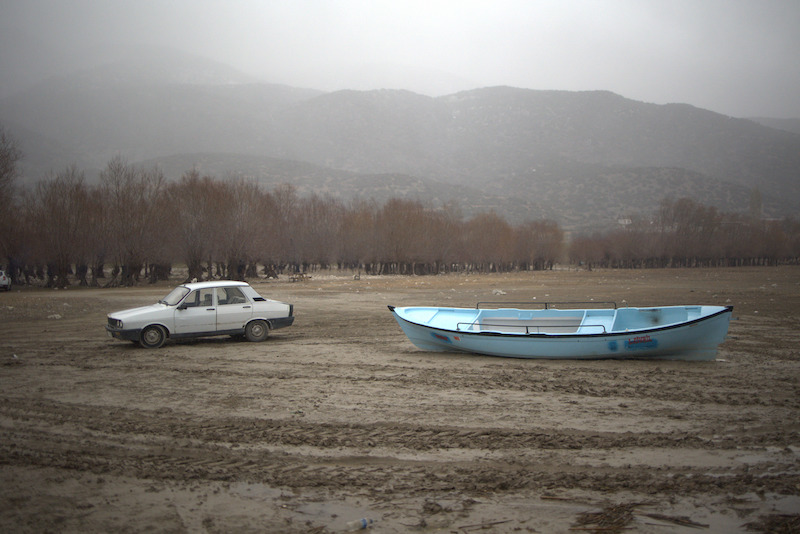HUMAN RIGHTS AGENDA
Authoritarian “solutions” where non-solutions are deliberately chosen
It is important for those who do not want to waste the slightest chance of a permanent solution and an honorable peace to calmly make sense of this ebb and flow of politics. The report titled “Looking at the Kurdish Problem with its Changing Dynamics after 2015 in Terms of Authoritarian Conflict Management” puts some of the pieces in place and offers a perspective that can serve as a source. The report is based on the basic idea that authoritarian regimes consider keeping conflict processes at the ‘unresolved’ stage as a kind of solution for themselves, and that they realise this not only with military force but also by supporting it with a series of political, spatial and economic policies. The underlying structural causes of the conflict are not specifically addressed, any democratic space for a solution is seen as a threat, and the involvement of international actors is not recognised. It can be coordinated with neoliberal policies and corruption can be used as a tool.
While women are becoming twice as poor
Women feel gender-based discrimination in the labor market at every stage, from job search to working conditions, from office life to unemployment. The victimizations that diversify with advancing age are completely invisible despite affecting millions of women. Kadın İşçi (Woman Worker, www.kadinisci.org) provides valuable journalism that focuses its editorial line on women's labor. The Women Workers' Solidarity Association, which created the website, recently announced a report titled “Gender-Based Discrimination Faced by Women Over 50 in the Field of Paid Labor and Solution Suggestions” and addressed the invisibility of this field. So what do women over 50 do?
What crime, whose punishment, what justice?
Prisons described as Type S and Type Y Penitentiary Institutions or High Security Penal Institutions, which became operational after 2021, mostly consist of single-person cells, where isolation prevails due to both their architectural structures and practices. The sky is not even visible in the prison yard, all communication is provided by megaphones and buttons, which is completely dehumanizing, and open visits are even more isolating as they are separate for each prisoner. This is why they are referred to as “wells”. The Human Rights Association's report on the issue warns of the psychiatric disorders that these conditions may cause, as well as the physical illnesses they may cause in the short, medium and long term.
History revived by a tombstone
An old house built with traditional architecture in Karacaköy, Çatalca, 100 km away from Istanbul, looking with a tired face from the past centuries. While the residents of the house, who want to renew the flooring, are working downstairs, they suddenly take a break in amazement, and a tombstone written in the Greek alphabet appears from the ground. When the meaning is deciphered, the following is revealed: “Here lies Chrysoula Rodaki, servant of God, March 1887”. What follows is director Kerem Soyyılmaz's journey in search of the former owners of his grandparents' house. His aunt and cousins, who spent the most time in that house, accompany him on this journey. Searching for Rodakis, won the Best Documentary Film Award at the Adana Golden Boll Film Festival last year, among many other awards. The movie is also available on BluTV.
A political prisoner Armenian woman in an Ottoman prison
In the light of what we know so far, this book can be described as "the first prison memoir written by a woman in the Ottoman Empire". In her foreword, Lerna Ekmekçioğlu also states that it is generally the first prison memoir written by a woman in the Middle East. So who was Vartuhi Kalantar? What caused her to be tried in the Martial Court and imprisoned in the General Prison?
“There is an uneasiness like a birth pain”
She is among those who stand in front of, among those who resist, in the midst of an attack that forces children and 80-year-old people to work, leaves young people alone towards a pitch-black future, pushes women either to their homes or to unregistered jobs, and in short, workers' rights are being scythed day by day. Neslihan Acar, 38, is the cahirperson of DGD-SEN, the independent union representing warehouse, port, shipyard and maritime workers. When we add the other strikes, vigils and protests that have sprouted under the umbrella of other unions affiliated to UMUT-SEN, 24 hours of her life are filled with this struggle.
“It is very difficult to live in a society with a strong death drive”
As soon as the government's debate on “euthanasia” of stray animals, an irrational concept for this issue, became law and was published in the Official Gazette, news of massacres started coming from all over Turkey. The images of dogs and cats tortured to death are blood-curdling. Even more frightening is the social consent behind these scenes and what they may lead to over time. We talked about the subject with psychiatrist and psychoanalyst, Specialist Dr. Didem Aksüt, because we need it.
Children “officially” made laborers
A sad balance sheet: According to the data compiled by the Health and Safety Labour Watch * from the events it has access to, at least 42 child workers lost their lives in the first seven months of 2024. It is known that at least nine of the dead children were working within the scope of the MESEM program. ** Amendments to the Vocational Education Law in 2016 and 2021 paved the way for children to be used as cheap labor with a one-day "training" a week that remains on paper. Workerized children die while working and live a life without workers' rights, subjected to intense violence and physically and mentally injured. We discussed the issue with Ezgi Koman, who has been working in the field of child rights for years and is part of a program focusing on MESEMs at the FISA (Fikir ve Sanat Atölyesi) Child Rights Center.
“We have to overcome the threats by ourselves”
As we left the July 8-14 Nonbinary Awareness Week behind, we talked to Şükrü and Ceylin from Demir Leblebi about the difficulties LGBTIQ+s face in education and housing from a queer perspective
Dark rivers
The report, which is the result of an eight-day field research in the Büyük Menderes Basin, goes deeper by focusing on a specific region, but it does not stop there. It also has a perspective that reaches from this river to the seas of the world; for example, it draws a pattern of environmental destruction with lines drawn from a village in Aydın to the global scale. Scientific data strengthens the report, but the report transforms the narrative into a “story” without drowning the reader in data, sometimes like a diary, sometimes with notches from literature and psychology.


